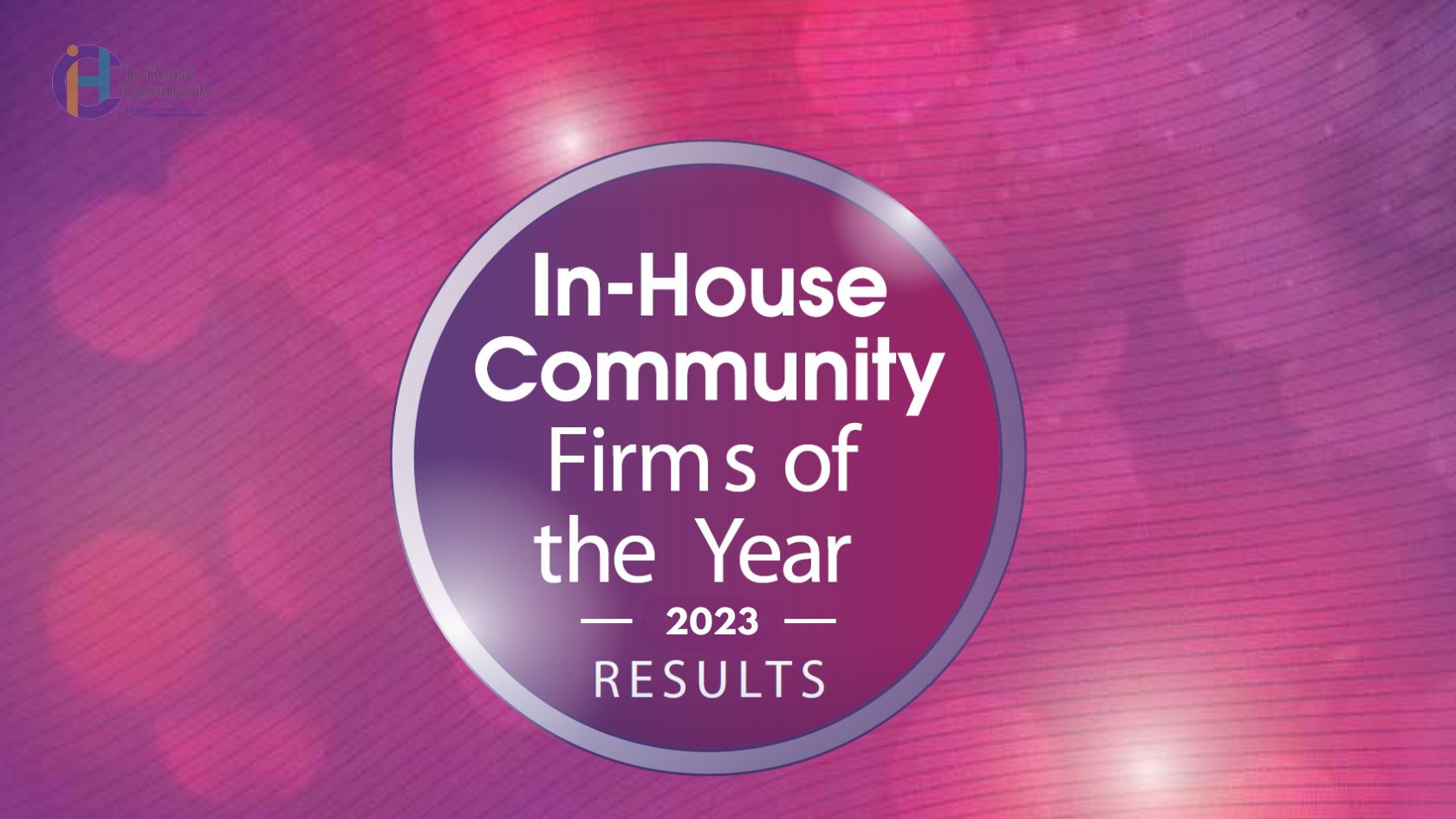Leaving behind a long-standing career as a private practitioner, James Jamison, moved in-house and joined Deloitte as General Counsel in 2011. Taking up the role against the background of a rapidly changing regulatory landscape which has seen China assert its national sovereignty in response to demands from US regulators, he describes his entry in-house as a ‘baptism of fire.’ 18 months in, his quest continues. He strives to find workable solutions and manage delicate situations with level-headedness and diplomacy with the help of a supportive legal network. Here Jamison tells us more about his day to day at one of the Big 4 accounting firms.
Asian-mena Counsel: How did your career lead you to your current role with Deloitte?
James Jamison: When I was in private practice (as a litigation partner with Clifford Chance in Hong Kong) I worked a lot with Deloitte people. First of all we worked together on a substantial judicial review case. Later I was heavily involved with the estate of Teddy Wang and his widow Nina Wang, which at the time was probably Hong Kong’s largest and most high-value litigation case. A Deloitte partner was one of two court appointees who managed the estate. I also used Deloitte as litigation consultants and expert witnesses in cases I was running.
As a result I got to know a good cross-section of the Deloitte team, including my predecessor as General Counsel, Peter Griffiths, and others in the reputation and risk function of the firm, and we have stayed in touch over the years. They are a talented and friendly group of people, so it was more than just the usual ‘marketing’ contact. When Griffiths was coming up to retirement and they were looking for someone to take over, they were kind enough to think of me. I had been working at Clifford Chance’s office in Tokyo for three years at that point, when out of the blue I got the call from Deloitte to see if I would be interested. Having been in private practice for 25 years, I was intrigued by the idea of trying an in-house job, and Deloitte offered a relatively rare General Counsel role open to someone with a contentious background. In March last year I came back to Hong Kong to take up the role.
AMC: What is the nature and scope of your role?
JJ: As China general counsel, I am responsible for the firm’s legal needs in Greater China. There is a lot of variety. The firm is growing fast, both organically and by acquisition, and that growth is mostly in Mainland China, where the regulatory landscape is also changing fast. I usually have external counsel working on transactions, but I need to ensure that the solutions we arrive at enable the firm’s culture to be imposed on the new components and we need to ensure that the firm’s brand is protected. There is also a practice protection component to the role, which is closer to my home territory as a litigator. The Big 4 accountancy firms in China have recently been in the news because of a difference between Mainland law and US law over whether US regulators may demand access to working papers for audits conducted in Mainland China. We have worked hard to try to find a solution, and that has taken up a lot of my first year in the job. Finally, there are the 101 legal issues which arise out of the comings and goings of a large partnership.
 AMC: What does a typical day for you look like? JJ: The working day in the accountancy profession starts a couple of hours earlier than in the legal profession, but I stick to lawyers’ hours! I usually get in about 9 a.m. At least for the last year, a lot of my work has had a US angle, and there is a continual dialogue between me and my colleagues in the US. So typically I will have a full inbox of ideas and questions to think about when I get in, and a few hours to progress the dialogue before the US goes to bed. Luckily my US colleagues are insomniacs and workaholics. The middle of the day is usually focused on transactions and issues in China. An important function of the risk team is to monitor and advise on potential problem issues in the practices and make sure the firm’s response stays on the right track, but without disenfranchising the practitioners themselves. There is a lot of reporting and brainstorming. Then, at about 5 pm, the first signs appear that the US is waking up and that the trans-Pacific dialogue is about to resume. Frequently there are conference calls till late in the evening. If there aren’t, I try to head home about 8.00 or 8.30pm. AMC: What qualities and skill-sets are you looking for when recruiting for your team? AMC: What qualities does Deloitte look for in external counsel? Are there any criteria followed in choosing suitable practitioners? AMC: Can you describe some of your biggest challenges/obstacles since you joined Deloitte and how you AMC: How do you go about gaining the trust of your clients? AMC: In your opinion, what are the main challenges in managing relationships with external counsel? |
| IN-HOUSE OPINION: If you are an in-house counsel and you have a comment or an opinion you’d like to share either on this article or its subject matter, contact us at: inhouse@inhousecommunity.com with the article title in the subject line, stating clearly if you wish your comments to remain ‘Private’ or ‘Anonymous’. |


















